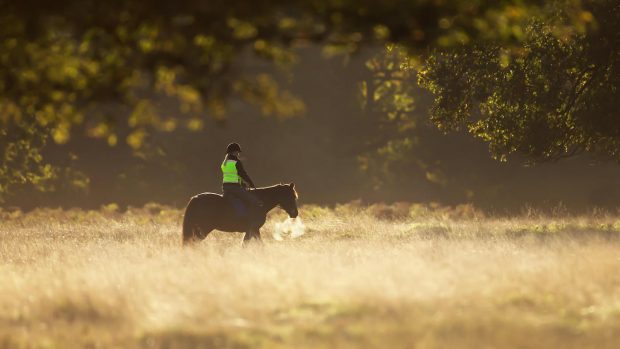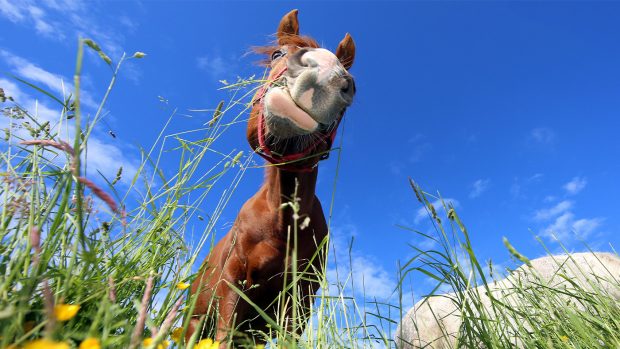There are several factors to consider when deciding on which feed would best suit your horse and help keep in happy and in peak condition.
Horses in harder work have an increased requirement for protein, vitamins and minerals, as well as energy.Compound feeds are therefore formulated to meet the requirements of horses with different levels of workload.
If you are using a feed which does not meet his nutritional requirements, your horse may receive either too many or too few nutrients, which will affect his behaviour, performance and health.
Other factors to take into consideration:
Temperament
If your horse is the excitable type, cubes are generally preferable to mixes. If the horse is in moderate work or higher, then a balancer should be fed to provide the protein, vitamins and minerals which the feed won’t supply.
A lazy horse is often given a higher energy feed to try and generate more sparkle. It is important to ensure that the horse isn’t just storing the extra energy as fat as this will probably result in him becoming even more lethargic.
Condition
Underweight horses require extra energy in their ration in order for them to put on weight. If the horse can be over-excitable, use feeds that are high in fats and oil as these are calorific non-heating energy sources.
Overweight horses require a low calorie ration, but they still need protein, vitamins and minerals to build and repair tissues such as hooves, skin and coat. Make sure these are provided in the diet in a low calorie form.
If your horse or pony has a history of nutritional related disease, such as laminitis, then he will have very specific requirements and so it is worth contacting a nutritionist to obtain individual dietary advise.




